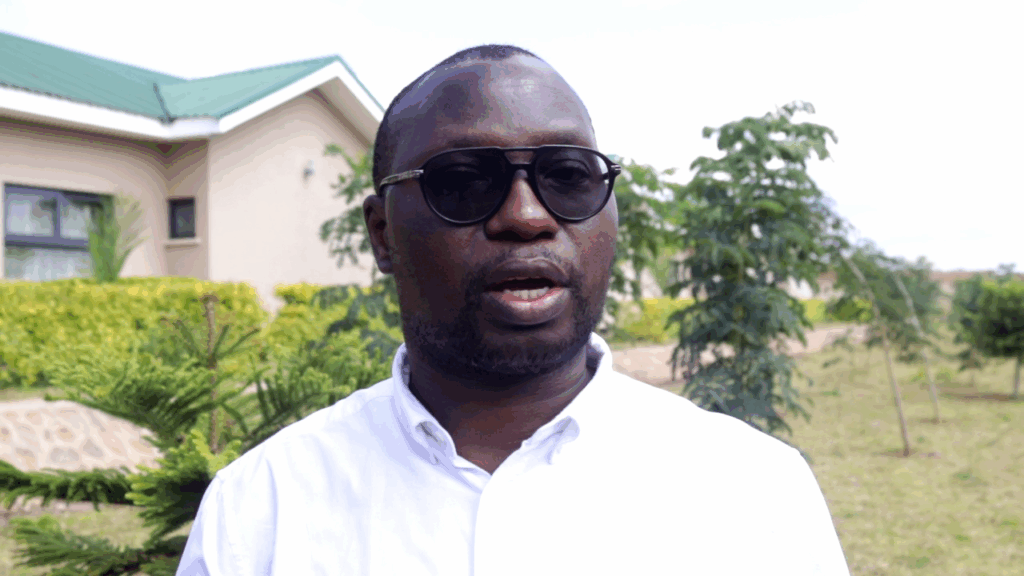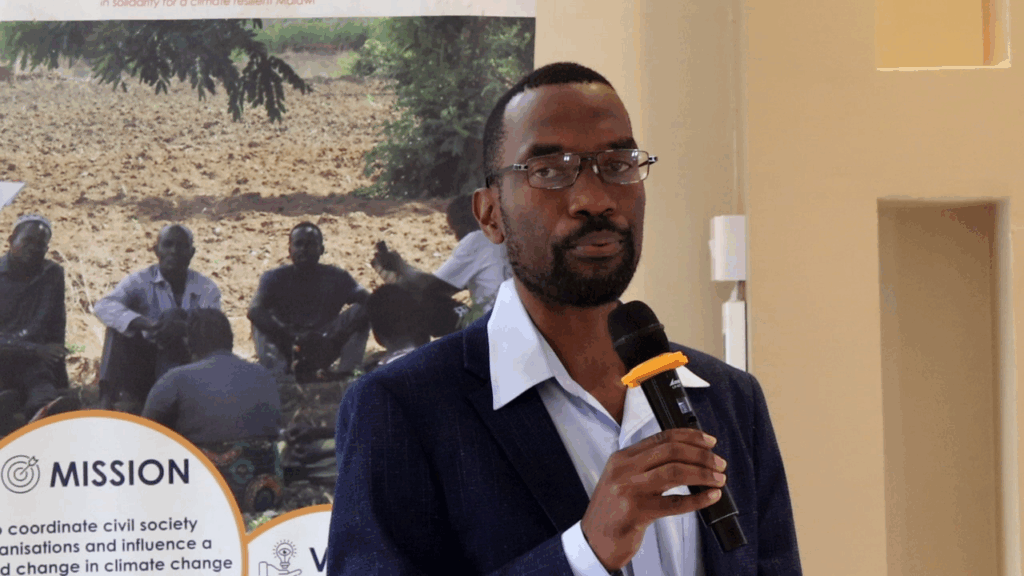Stakeholders have validated a new study revealing that communities across Malawi are facing deep, often overlooked, non-economic losses and damages (NELD), including psychological trauma, cultural heritage destruction, and forced displacement, as a result of climate change.
The findings were presented during a Study Validation Workshop held in Mponela under the Climate Justice Communities (CJC) Project, which is supported by the Scottish Government through DAI Global UK and implemented by the Civil Society Network on Climate Change (CISONECC) in collaboration with multiple partners.
Speaking during the session, Julius Ng’oma, CISONECC National Coordinator, emphasized that the study was conducted to document the lived experiences of vulnerable communities beyond economic statistics.
“We wanted to capture the real and often silent suffering happening in communities, loss of life, loss of forests, cultural heritage, and mental well-being. These are the costs of climate change that can’t be measured in currency but are deeply felt,” said Ng’oma.

According to Ng’oma, the study was conducted in several climate-vulnerable districts, including Chikwawa, Karonga, Neno, Machinga, and Salima.
In these areas, community members narrated the far-reaching impacts of recent disasters, particularly Cyclone Freddy and other climate-related shocks.
“We heard stories of families losing loved ones, people being relocated from ancestral land, and sacred cultural sites being wiped out. Some forests are completely gone, and with them, the livelihoods and traditional knowledge tied to those ecosystems,” explained Ng’oma.
Perhaps most striking, he said, were the mental health burdens affecting survivors, trauma from repeated losses, anxiety over recurring disasters, and emotional breakdowns from the destruction of homes and communities.
“People are grieving not just their property, but their sense of identity and stability. There is an urgent need for psychosocial support and counselling to help people recover and rebuild mentally and emotionally,” Ng’oma noted.

The study also calls for compensation for cultural losses, potentially including formal apologies, and highlights the need for technical, financial, and moral support from both local and international stakeholders, especially from the Global North.
While the study has been welcomed as a major step forward in acknowledging overlooked climate impacts, government has called for improvements in how such research is conducted.
Fred Simwaka, Deputy Director for Gender Affairs at the Ministry of Gender, Children, Disability and Social Welfare, praised the initiative but pointed out a critical omission, the lack of gender analysis.
“When disasters strike, men often migrate to find work, leaving women and children behind to carry the burden. Women’s care work increases, and they’re excluded from economic opportunities. These gendered dynamics must be reflected in the findings,” said Simwaka.

Simwaka urged future studies to adopt a gender-sensitive lens to support the country’s development blueprint, Malawi 2063, which emphasizes inclusivity.
“If we are to truly build resilience and equity, we must understand how men and women experience climate change differently,” he added.
The CJC project, which operates in seven districts across Malawi, focuses on empowering communities to identify their own climate resilience priorities, particularly for those most marginalized.
The validated findings are expected to inform local advocacy, national policy dialogues, and potentially international climate finance discussions, especially around the Loss and Damage Fund emerging from the COP28 outcomes.
Stakeholders expressed hope that the study will serve as both a wake-up call and a foundation for stronger, people-centered responses to climate impacts.
